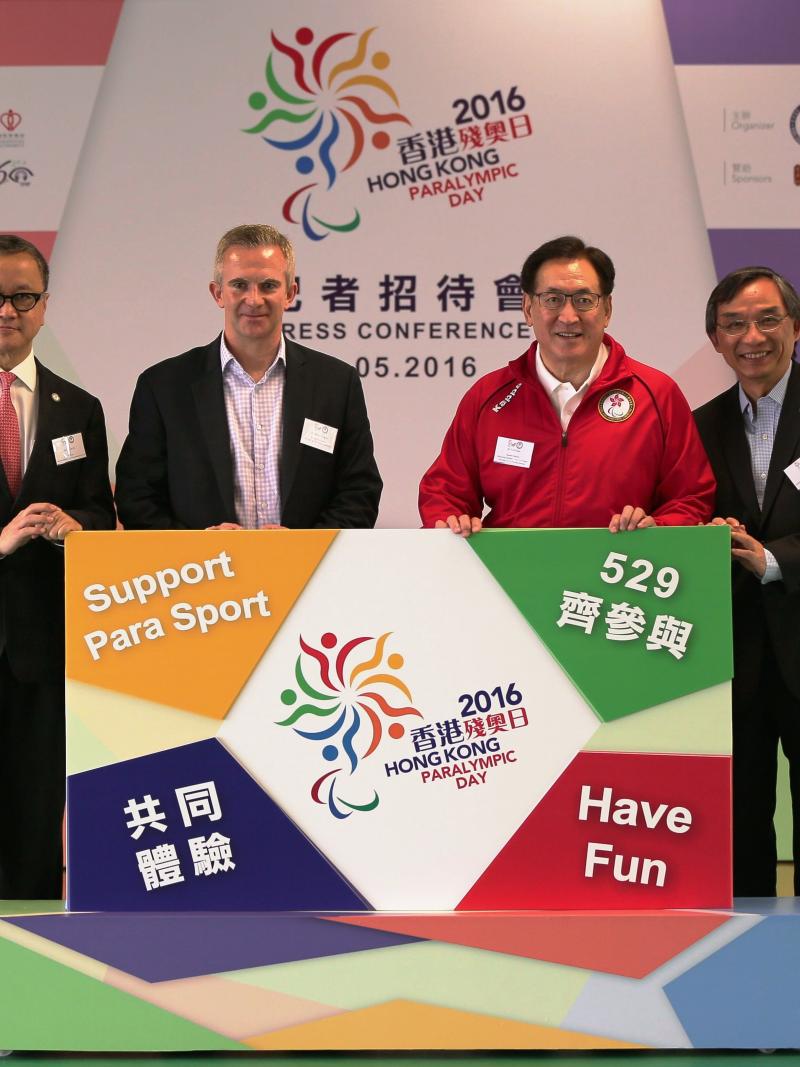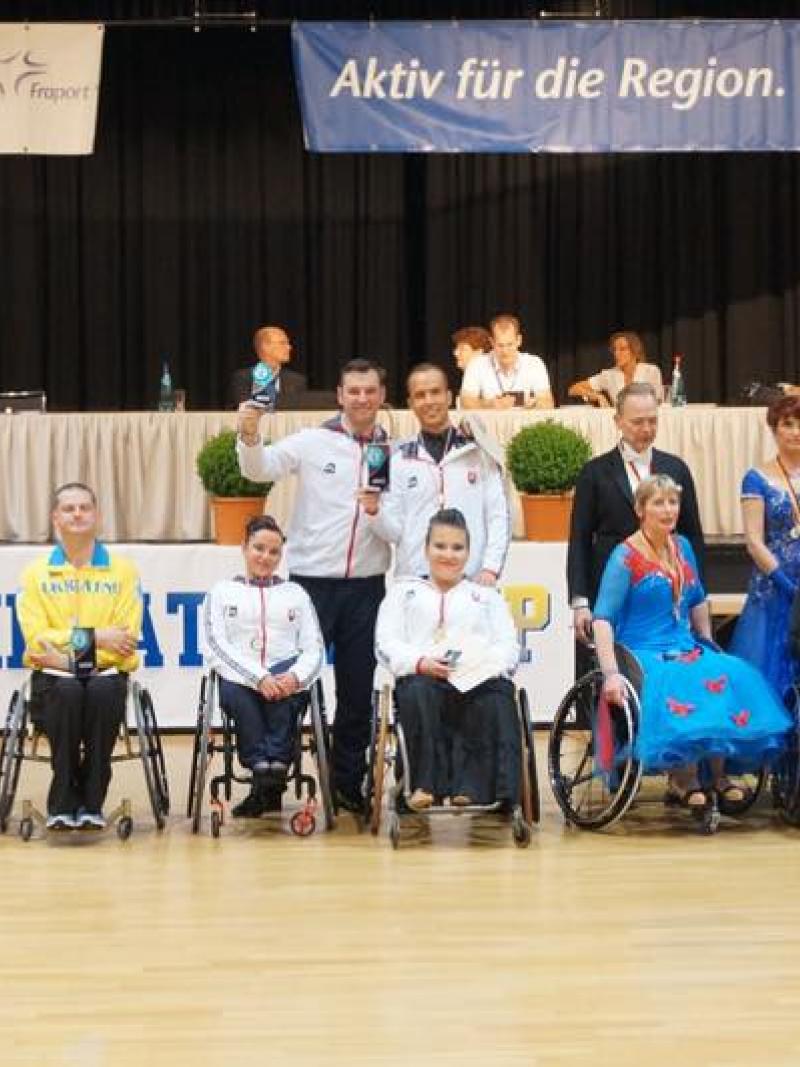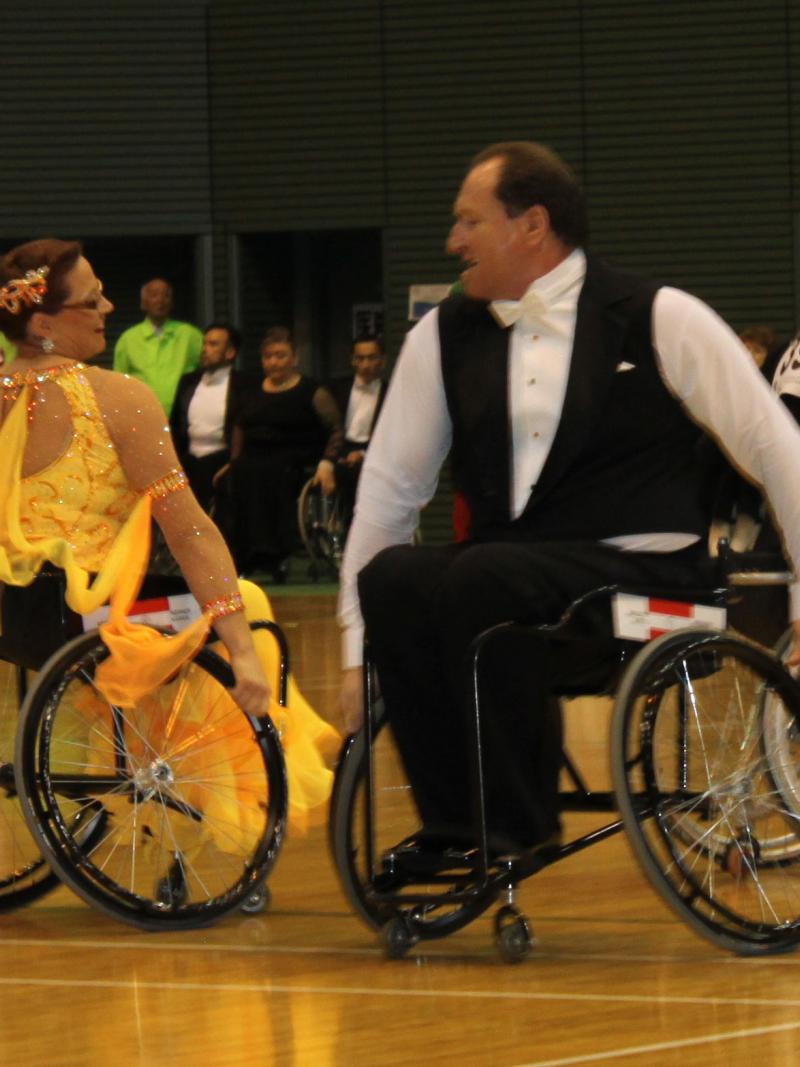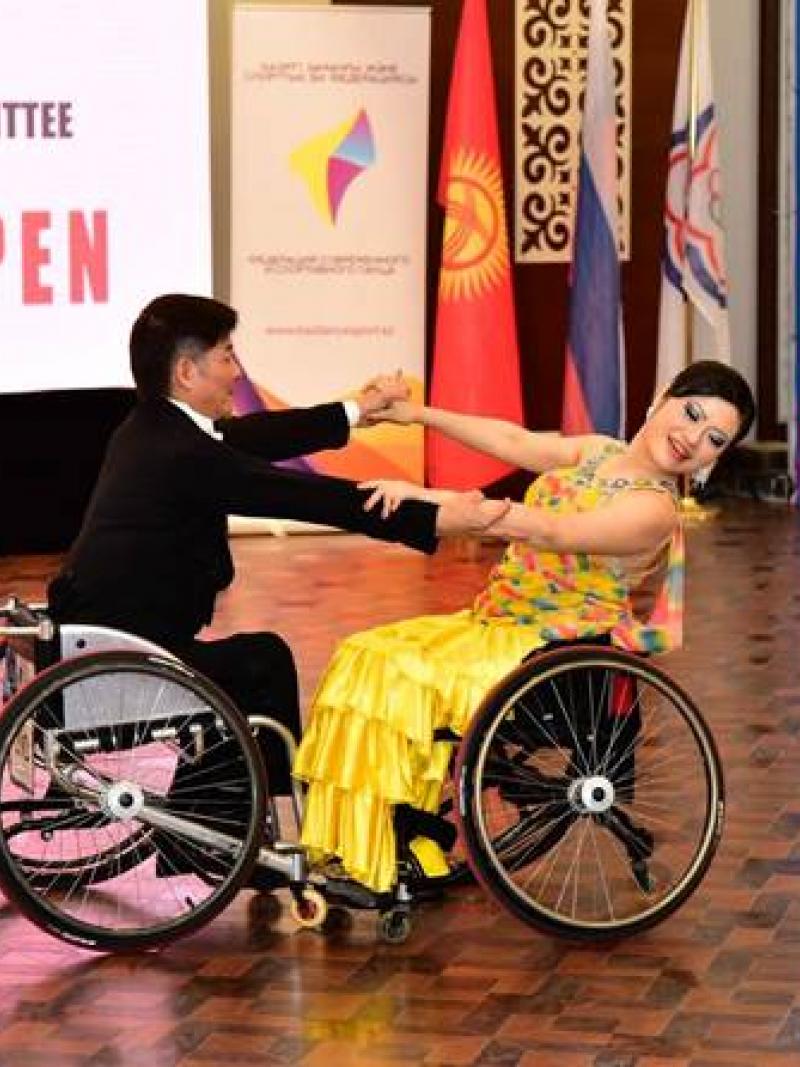Kukushkina, Sedakov preparing ‘challenging’ programme
The Russian duo is hoping to reclaim its wheelchair dance sport European title at October’s Championships. 30 Jun 2016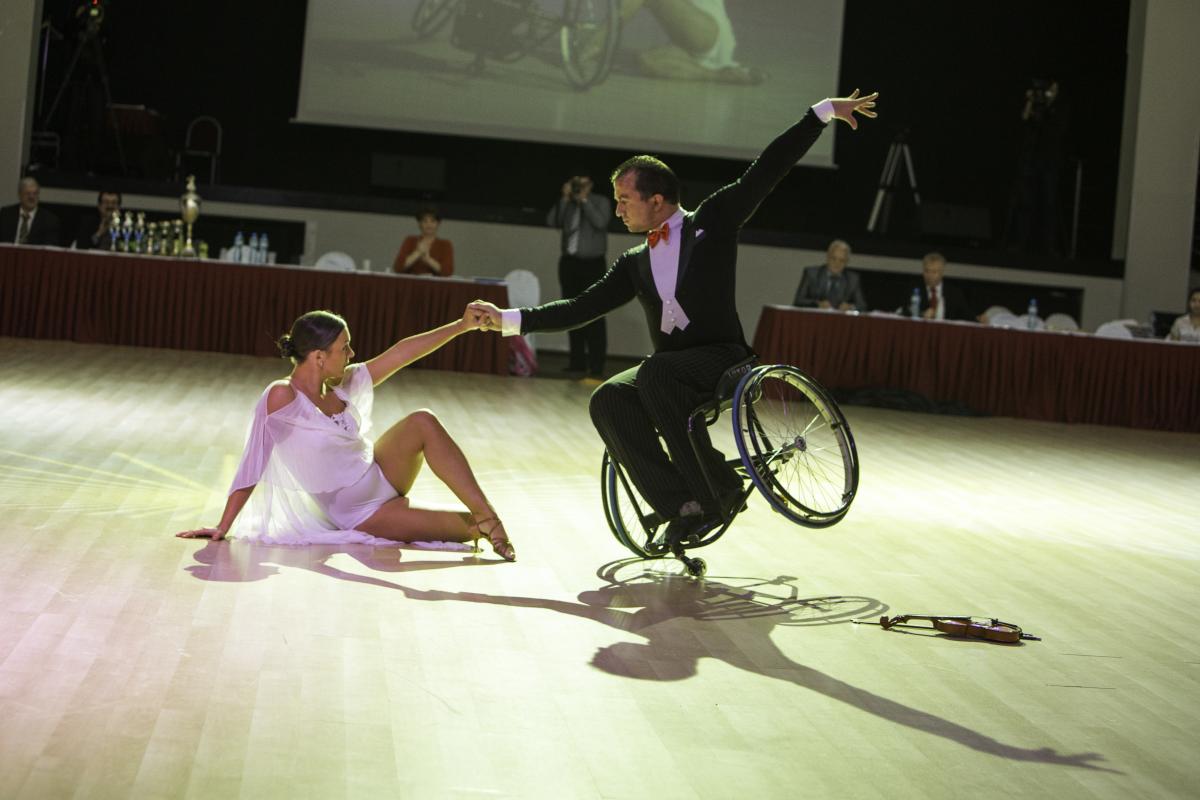
“The best advice that can be in our sport is very simple: The impossible is possible.”
Defending European combi freestyle class 2 champions Svetlana Kukushkina and Maksim Sedakov are working on an exciting new programme as they prepare to defend their title in Kosice, Slovakia, from 28-30 October.
The Russian pairing have already had an ideal start to the season, winning gold at the Suomi Open in Finland in May. They will also compete at the IPC Wheelchair Dance Sport World Cup in Saint Petersburg, Russia, from 10-12 September.
“We are preparing a new interesting and technically challenging programme. And although we have very strong rivals, we are willing to win!” said Sedakov.
Kukushkina was equally as delighted with their progress: “We are spending a lot of time practicing technique and preparing a new interesting freestyle performance for the European Championships.
“We hope not only to win, but to surprise with some new elements and characters of the dance and to give pleasure to all the audience, our fans and to ourselves.”
Sedakov and Kukushkina are also contenders in the combi Latin class 2, having captured silver at the 2013 IPC Wheelchair Dance Sport World Championships in Tokyo, Japan, and having won four World Cups.
Sedakov also competes individually and, as the current world champion in the men’s singles class 2, he is striving to maintain this position.
“In singles an athlete shows full technical skills of using the body and a wheelchair. Freestyle is even more challenging because the athlete here should live in his own dance, in his own character,” he said.
“Wheelchair dance sport is the sport where everything is very important, not only your physical abilities, your stamina and your sport equipment, but also your mood, your feelings, your emotional state.”
Away from the competitive dance floor, Kukushkina and Sedakov believe in giving back.
Both dances are currently teaching at Dinamika, a centre in Saint Petersburg for children who have musculoskeletal system disorders, where they met in 2004.
Sedakov has some wise words for young athletes who may be looking to try wheelchair dance sport.
“The best advice that can be in our sport is very simple: The impossible is possible.”
Over 120 athletes from 21 countries are expected to compete at the European Championships in Kosice, Slovakia, from 28-30 October. It is being held over three days for the first time to accommodate the growing number of events and athletes.





